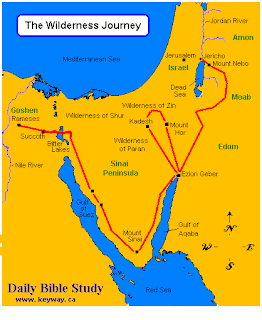It is difficult to pinpoint what I love about travel. Perhaps it is the fact that no matter how many places you visit, there will always be new places to go or else something you haven’t seen at a previously visited location. There is also the aspect of meeting new people that fascinates me (says the introvert). The challenge of adjusting to a different way of doing things or thinking about things is also interesting. This process can be pleasant, and sometimes painful, but you can hardly walk away unscathed by what you experience during an expedition.
This month I bought a ticket to China. I have been telling my friends about it, and have found myself saying things like “I’m nervous about going to the airport in Beijing” or “I’m nervous about [insert whatever here].” It isn’t too much of a surprise that I’m saying these things. I’ve heard similar things come out of my mouth right before venturing to other places. When I first went to Ireland I was concerned about living a whole year away from my family and friends, and when I first went to Switzerland I didn’t know if I would be able to find the proper train to get on, and when I went to Colombia I was anxious about Bogota being the Kidnapping Capital of the world (among other things). I am now realizing that I’m not just “nervous” about these things; I’m voicing fears. "Fears that I don’t totally want to admit are fears.
I just recently finished reading Numbers and Deuteronomy . The Israelites had plenty of fears, and usually didn’t mind voicing them. “You led us out here to die” they told Moses. “We’re going to starve to death; we’re thirsty! What I’d give for a good meal of leeks!" There was a lot going on with those folk. The fact that Numbers records an 11 day journey taking 40 years is quite sobering (I hope my journey to China just takes 18 days, as planned!). And then, as you probably know most of the Israelites still didn’t REALLY get it, and ended up dying in that sandy wasteland- except for Caleb and Joshua. And then what mighty warriors they turned out to be! I think it’s interesting how Joshua’s career started out. God told Moses to tell Joshua not to be afraid but to be courageous, and then God told Joshua that directly on several occasions, and then later on Josh was able to exhort the rest of the Israel not to be afraid, but to be courageous. What a journey for that man! What a kind of an epic journey for the rest of the nation! To finally go in and conquer the land; THEIR LAND, and to joyfully claim it. Now that's the kind of expedition I'm talking about- one that leaves the imprints of indelible ink.
Deut 5:29 Oh that they had such a heart in them, that they would fear Me, and keep all My commandments always, that it may be well with them and with their sons forever!








